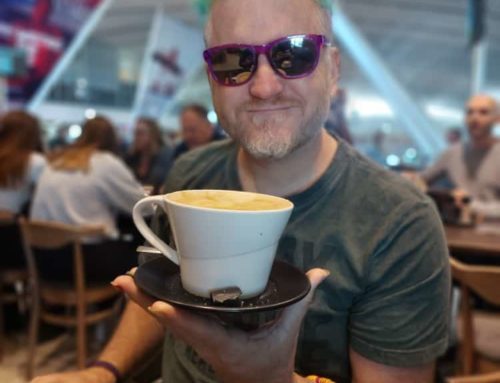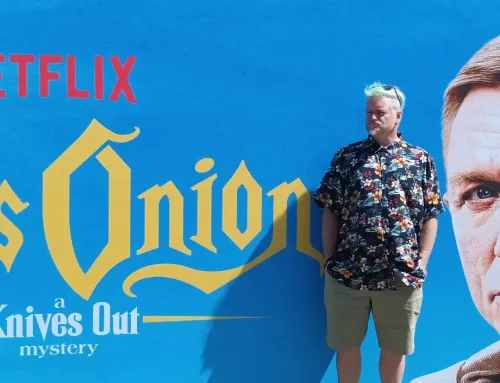Doing the right thing means investing in recycling
A great example of a win-win partnership and a pro-active response where the producer altered their product in order to make its packaging recyclable.
When you buy your milk, do you really look at the bottle? Have you ever thought about the planning that goes into the shape of the bottle, its colour or what it is made of?
A visit to the production team at Fair Cape Dairies soon shows that there is a great deal of thought put into each stage of the process – and sometimes the best-laid plans do not turn out exactly as expected.
When Fair Cape Dairies decided, initially, to bottle its Single Origin EcoFresh milk in white plastic bottles, the decision ticked a lot of boxes. Care for the environment is one of the pillars upon which all Fair Cape Dairies’ decisions are made which is why the company’s milking parlour runs with solar power during daylight hours. Ease of recycling is important too. Research showed that the white PET bottles were technically acceptable for recycling, so the new bottles began to roll off the production line.
So why are there no more white Fair Cape milk bottles on the shelves today?
“It turned out that some recyclers were reluctant to accept the white bottles because they had to be separated from the clear bottles during the recycling process,” said Louis Loubser, CMO for Fair Cape Dairies. “We became aware of the problem when our customers started emailing us, and we immediately decided to take action.”
So the first step was to find out which recyclers were still accepting the bottles, and to let the customers, collectors and buy-back centres know. But it turned out that there just weren’t enough of them.
“We met with many different suppliers and ran tests for about 18 months. The white additive had helped to maintain the shelf life of the product, so we needed to make sure that we didn’t lose this while introducing a bottle without the white additive. Eventually, we found a specific supplier with an acceptable solution,” Loubser explained.
Now, not only is the bottle made of clear PET plastic, meaning that the bottle is fully recyclable and has many end uses, each bottle is made with 50% recycled PET (rPET).
Now that is really design for recycling and more!
This highlights a partnership across the value chain that shifted from a non-recycled to 100% recycled packaging, with little to no impact on the quality of the product. With not too much effort, the industry responded to a need and was able to design packaging to be compatible with the existing recycling infrastructure while not compromising on product quality and consumer expectation. That is a win-win-win situation worth celebrating.
For PETCO’s recycling guidelines, go to http://petco.co.za/wp-content/uploads/2016/08/PETCO_Design-4-Recycling-Guide.pdf
For more information, contact Noni Sophe at noni@conversations2.co.za






![The Road to the Catan World Champs in Malta 2022! [Part II]](https://brettfish.co.za/wp-content/uploads/2022/11/IMG_9944-scaled-e1669831201283-500x383.jpg)
Leave a Reply